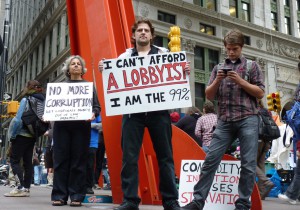Economist Laura D'Andrea Tyson, debunking the unholy alliance of Blue Dog Democratic Senator Ron Wyden and Randian Nihilist Congressman Paul Ryan in their nonsensical proposal to overturn the Medicare system as somehow "saving money" by shifting beneficaries into private markets,
explains the cost-effectiveness of Medicare compared to the "competitive" markets of private insurance:
Despite competition and choice in the private insurance system, Medicare spending has grown more slowly than private insurance premiums for comparable coverage for more than 30 years.
From 1970 to 2009, Medicare spending per beneficiary grew by an average of 1 percentage point less each year than comparable private insurance premiums. Between 2000 and 2009, Medicare’s cost advantage was even larger – its spending per beneficiary grew at an average annual rate of 5.1 percent while per-capita premiums for private health insurance plans grew at 7.2 percent, according to the Center on Budget and Policy Priorities.
In inflation-adjusted terms, Medicare spending per beneficiary increased more than 400 percent between 1969 and 2009 while private insurance premiums increased by more than 700 percent.
What explains Medicare’s sustained cost advantage over private insurance? Medicare has much lower administrative costs than private insurance (administrative costs account for about 14 percent of health care spending, or a whopping $360 billion a year).
And Medicare has considerable negotiating leverage with providers as a result of its huge enrollment. Private insurance plans are unable to negotiate payment rates with providers that are as low as Medicare’s rates, even though Medicare’s negotiating authority is tightly limited and often undermined by Congress.
As anyone with a grain of common sense or
empirical data understands, the problems within the Medicare system are not related to Medicare's model of social insurance but in the overall inflationary spirals of our unrestrained, for-profit health care system. Compared to other advanced economies with high-quality health care - and universal coverage - the US medical industry is exorbitantly expensive, but with outcomes that are, overall, worse in terms of life expectancy, infant mortality and other key indicators.




























